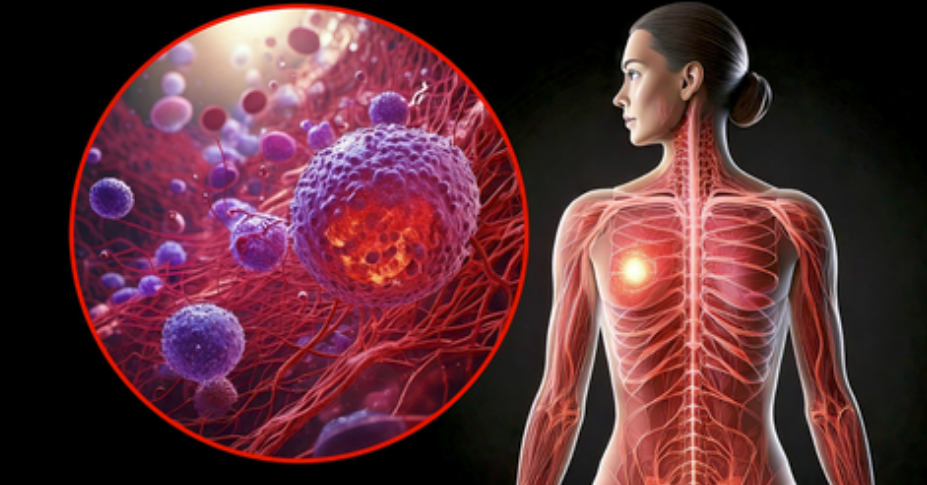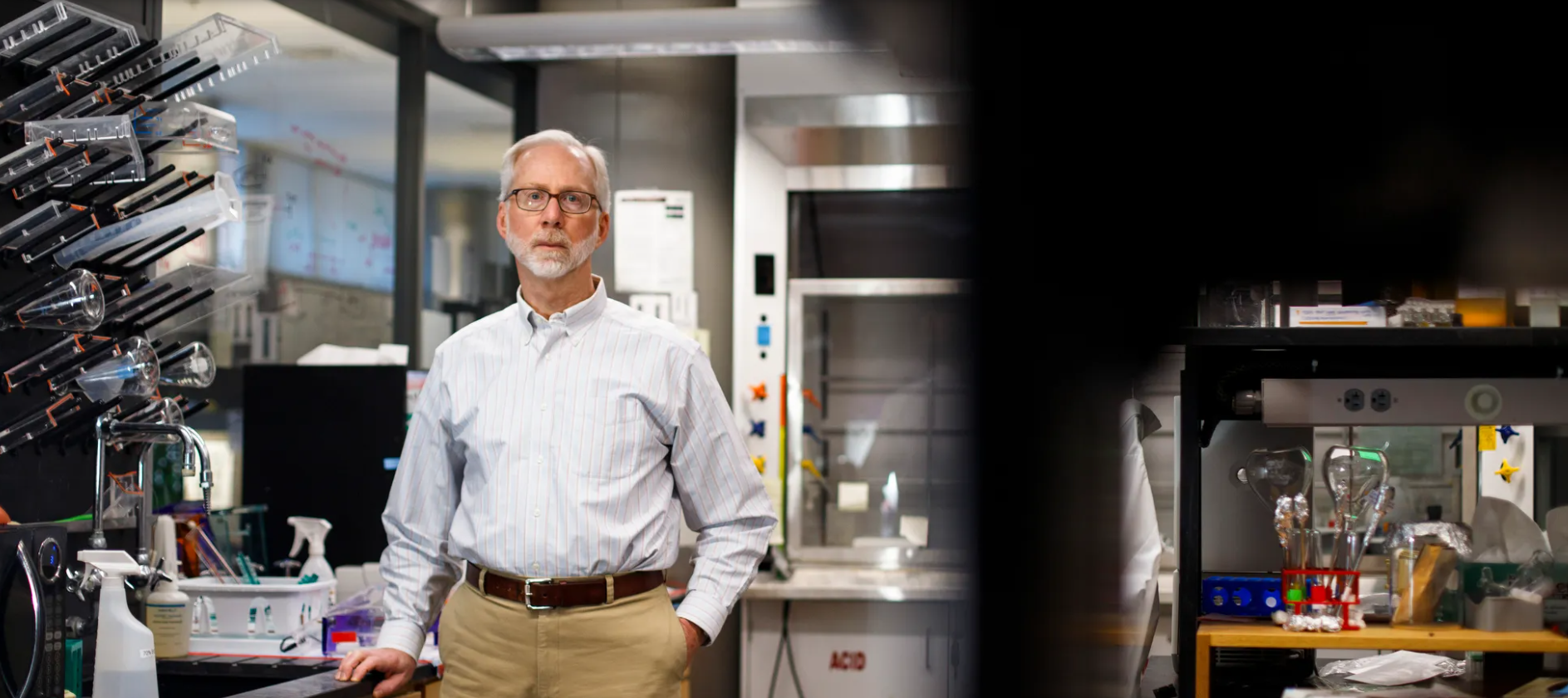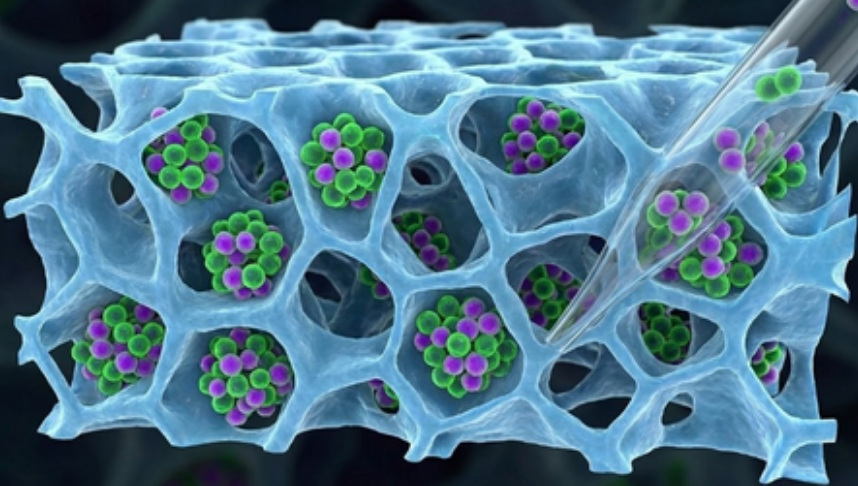High-Fat Keto Diet May Increase Risk of Aggressive Breast Cancer, Study Warns

NEW DELHI– The popular high-fat, low-carbohydrate ketogenic diet — widely promoted for rapid weight loss — may increase the risk of developing aggressive forms of breast cancer, according to a new study from the University of Utah in the United States.
Researchers at the Huntsman Cancer Institute found that elevated lipid levels caused by fatty acids — a hallmark of obesity known to promote tumor growth — can also drive the risk of triple-negative breast cancer, one of the most difficult-to-treat forms of the disease.
The study, conducted in preclinical mouse models, suggests that breast cancer patients and survivors with obesity may benefit from lipid-lowering therapies and should avoid high-fat weight-loss regimens such as the keto diet.
“The key here is that people have underestimated the importance of fats and lipids in the all-encompassing term that is obesity,” said Keren Hilgendorf, a researcher at the Huntsman Cancer Institute. “Our study shows that breast cancer cells are really addicted to lipids, and the abundance of lipids in patients with obesity is one of the reasons that breast cancer is more prevalent and more aggressive in these patients.”
The research team examined mice on high-fat diets as well as genetically engineered models with hyperlipidemia — elevated lipid levels in the blood — but without other common markers of obesity such as high glucose or insulin.
Findings published in the journal Cancer and Metabolism revealed that excess lipids alone were sufficient to accelerate tumor growth. Conversely, reducing lipid levels, even in the presence of high glucose and insulin, slowed cancer progression.
While the keto diet can promote weight loss, which is often beneficial for cancer patients, the study cautioned that its high fat content “can have serious unintended side effects — even causing the tumor to grow.”
Researchers also noted that lipid-driven tumor growth could extend beyond triple-negative breast cancer to other malignancies such as ovarian and colorectal cancers, underscoring the need for a more nuanced understanding of diet, obesity, and cancer risk. (Source: IANS)






